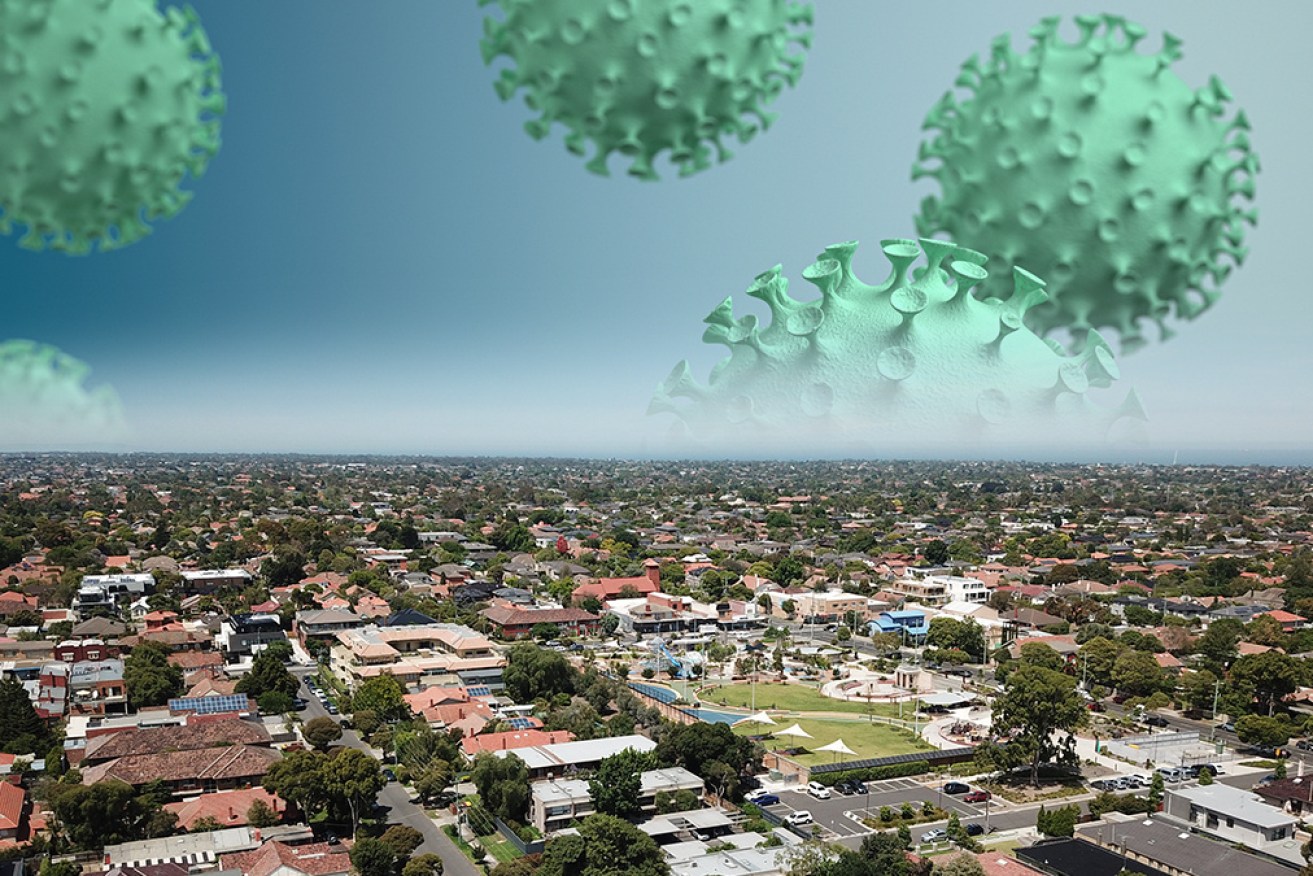More Victorian suburbs could enter lockdown as coronavirus cases rise


More Melbourne suburbs could be entering lockdown amid rising coronavirus cases, data shows. Photo: TND
More Victorian suburbs may soon be joining those in lockdown after recording a sharp rise in coronavirus cases, new data shows.
On Thursday, about 300,000 residents living in 10 Melbourne postcodes faced their first day of a four-week lockdown aimed at stamping out several coronavirus clusters.
And more Victorians could soon be joining them.
A series of graphs created by Dr Paul Vella, a Victorian data scientist, show coronavirus cases have been rising sharply in four council areas: Whittlesea, Melton, Wyndham and Casey.
I've been tracking the number of COVID-19 cases across Melbourne councils for 100 days now. Some postcodes in Brimbank, Hume, Moreland and Moonee Valley are back in lockdown but I would not be surprised if areas of Casey, Whittlesea and Wyndham also go into lockdown. #COVID19Aus pic.twitter.com/WRekEsDRZe
— Paul Vella (@drpaulvella) July 2, 2020
“Whittlesea, Melton, Wyndham and Casey – they look like the next ones where postcodes might go into lockdown as well.”
The data shows a rise in cases across suburbs from March 23 to June 30. Whittlesea now has 65 cases, Melton has 62, Wyndham has 75 and Casey has 110.
It is important to note that most of the cases in these areas are no longer active. Many residents infected with COVID-19 have recovered.
Victoria, how did we get here?
- Large family outbreaks spread across several homes, and
- Failures in the state’s hotel quarantine program.
Since May 27, when a small coronavirus cluster was first declared at Rydges Hotel on Swanston Street, new cases have mysteriously emerged from hotels used for quarantine.
So far, 17 coronavirus cases have been linked to the Rydges Hotel cluster and 31 have been linked to the Stamford Plaza Hotel.
For weeks, there had been no explanation behind the outbreaks.
But on Thursday, disturbing claims emerged that Victoria’s hotel quarantine program has been woefully mismanaged, including claims security guards slept with guests.
Companies charged taxpayers for shifts never worked, leading to fewer workers on duty and a higher risk of infections, according to a report in the Herald Sun.
One of the clusters is believed to have spread among hotel staff who shared a cigarette lighter and carpooled to work together.
The Victorian government has since launched a judicial inquiry into hotel quarantine.
The blame game
Although tempting to point the finger at hotel staff members, the issue is more complicated according to Professor Marylouise McLaws, an infectious diseases expert at the University of New South Wales.
“I believe it’s unfair to criticise the hotel staff and security when their profession is not infection prevention and control,” Professor McLaws, who studied Asia’s response to the 2003 SARS epidemic, told The New Daily.
“Staff in hospitals know how to use face masks, but even they can make mistakes when they’re busy, tired and distracted.”
It’s likely the hotel staff members did not receive adequate training, nor were they adequately supervised, she said.
It was also important to understand the behaviour of the hotel workers to find out how the outbreaks were occurring.
“Some security staff may have behaved potentially in a foolish manner, but you’ve got to constantly think one step ahead,” Professor McLaws said.
“Low paid people often hitch a ride together, they sometimes live together and they sometimes socialise together. Therefore we need to head off any issue that could happen related to that.”
So what needs to change?
Better training, more supervision and stronger prevention measures like installing perspex barriers in lunchrooms, she said.
“There are many things we might think are unnecessary, but all you need is something like this to realise that even the tiniest thing – instructions like don’t hitch a ride together unless you’re wearing a mask – can make a difference.”








